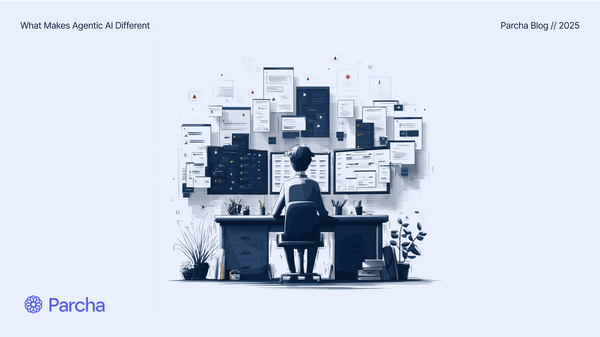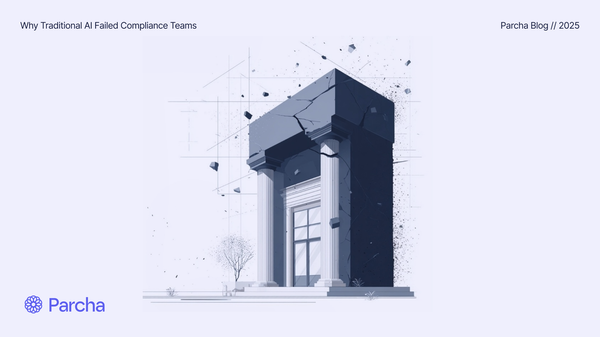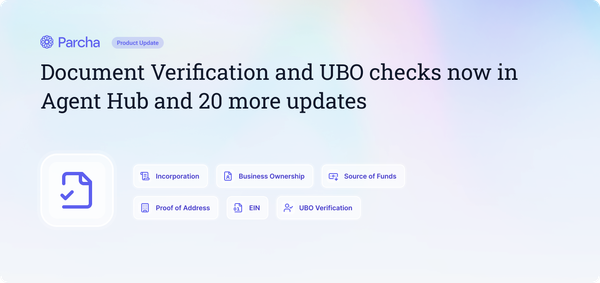Rule 1033: What It Means for Banks and Fintechs
In this episode of Compliance Accelerated, hosts Alice and Bob dive into the transformative impact of AI agents in financial services.
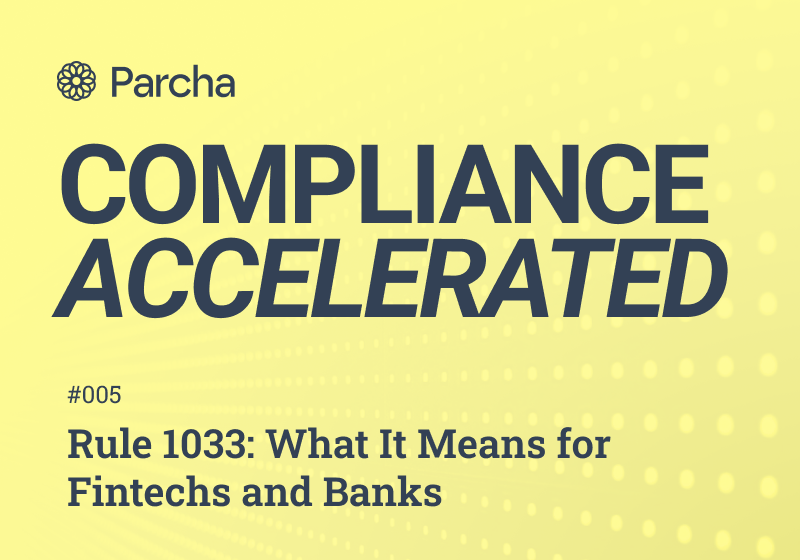
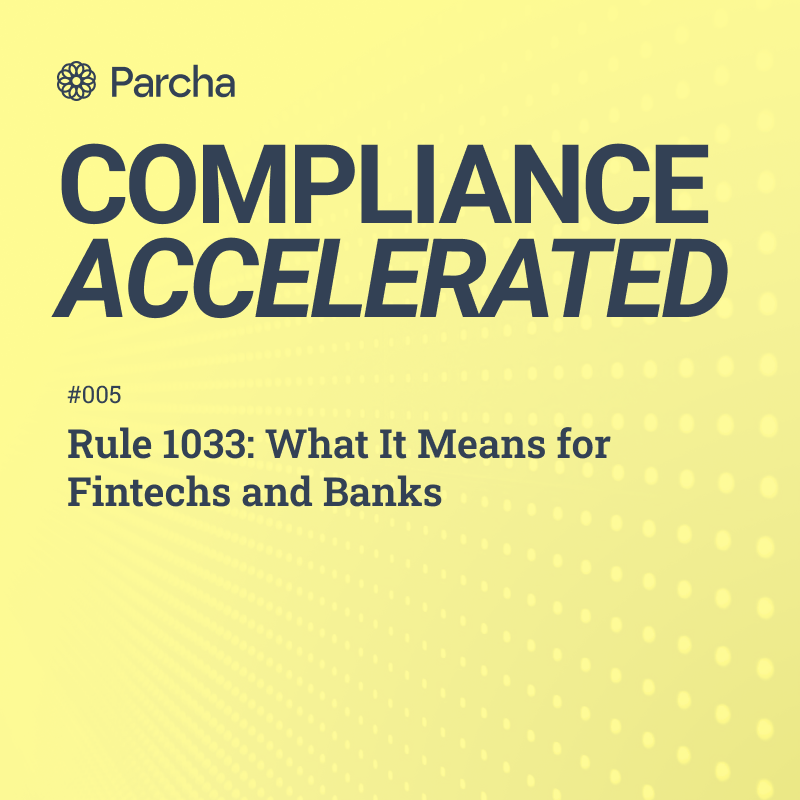
Summary
In this episode of Compliance Accelerated, hosts Alison and Bob explore the newly enacted CFPB rule 1033, laying the groundwork for open banking in the U.S. They outline the rule's requirements, the financial institutions affected, and how to prepare for compliance. The discussion highlights significant changes in consumer financial data management, stressing the importance of data security, and compliance. They address industry responses, from fintech support to banking sector opposition and an ongoing legal challenge. The episode also portrays the transformative potential of AI in compliance and financial innovation, promoting the view that regulatory adherence can be a catalyst for growth and progress.
A Quick Guide to 1033
CFPB 1033 Rule Provisions
The final rule requires financial institutions to make consumer financial data available electronically to consumers and authorized third parties at no cost. Key provisions include:
• Standardized data formats for consistent transmission
• Consumer rights to access, authorize, and revoke data sharing
• Phased compliance timeline from 2026-2030 based on institution size
• Exemption for depository institutions with under $850 million in assets
• Transition from screen scraping to secure API-based data sharing
• Restrictions on secondary data uses without consumer consent
The rule aims to foster competition and innovation while enhancing consumer control over personal financial information. Implementation will require significant technological and operational changes for affected institutions to meet new data access and security standards.
Impact on Fintech Compliance
Compliance with the new rule will require significant operational adjustments for fintech companies. Key areas of focus include implementing secure API-based data sharing systems, enhancing data security measures, and developing robust consent management protocols. Companies must also prepare for increased compliance and legal costs related to navigating the complexities of the rule. The phased compliance timeline, with deadlines ranging from April 1, 2026 to April 1, 2030 based on company size, allows smaller fintechs more time to adapt but may put them at a short-term competitive disadvantage. To meet these obligations, fintechs will need to invest in infrastructure upgrades, staff training, and potentially new partnerships to leverage expertise and resources.
Preparing Smaller Fintechs
To comply with the new rule, fintech companies must transition from screen scraping to secure API-based data sharing systems. This shift requires implementing standardized, machine-readable data formats and developing robust consent management interfaces for consumers. Companies will need to enhance their data security measures, implement strict data use limitations, and establish protocols for immediate data deletion upon consent revocation. Additionally, fintechs must create systems to maintain records of data access requests and responses for at least three years, and update their privacy disclosures to accurately reflect new data handling practices.
Useful Links
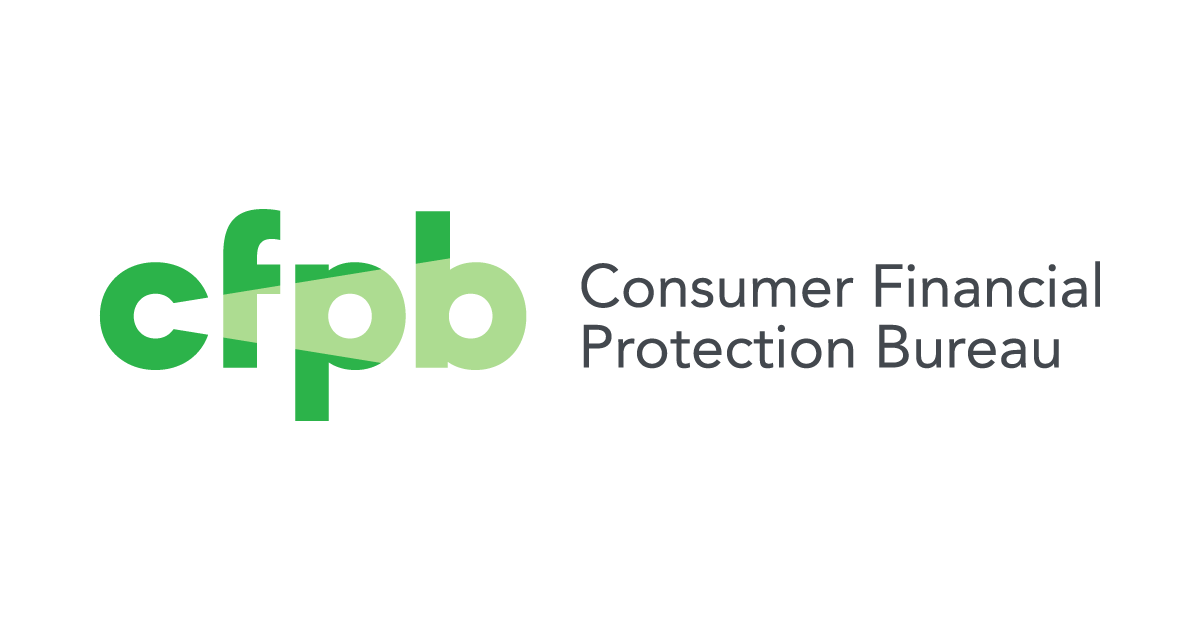
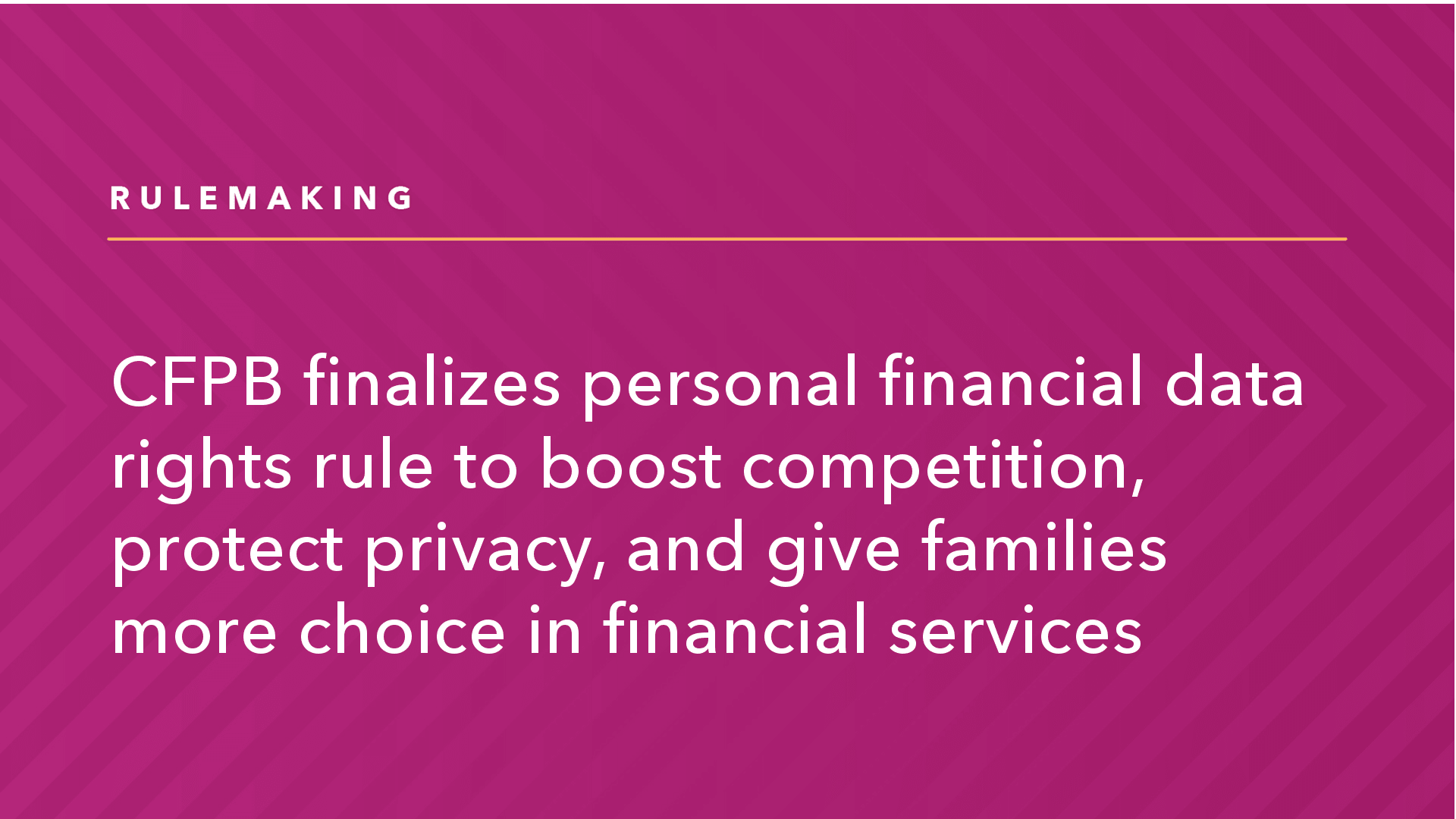


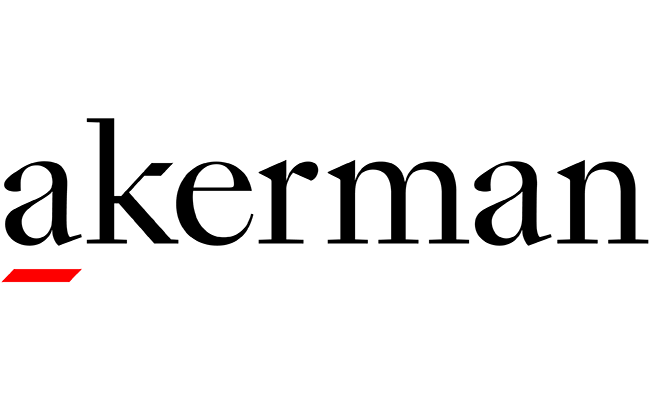


Timestamps
00:00 Introduction to Compliance Accelerated
00:23 Overview of Rule 1033
01:03 Implications of Open Banking
01:57 Data Providers and Their Responsibilities
02:25 Authorized Third Parties and Consent
03:05 Data Security and Compliance
06:03 Industry Reactions and Concerns
07:51 Legal Challenges and Lawsuits
08:19 Jurisdictional Battle and Data Security Concerns
09:12 Fintechs: Preparing for Open Banking
09:42 Leveraging Compliance for Competitive Edge
09:52 Real-World Examples of Open Banking
11:11 Challenges in Implementation
12:18 Legal and Liability Issues
14:03 The Role of AI in Compliance
15:19 Ethical Considerations and Final Thoughts
Transcript
Welcome to compliance, accelerated a podcast by Parcha AI at . We help banks and fintechs onboard more customers faster. With stronger compliance by using AI to accelerate KYC and KYB reviews. In this episode of compliance, accelerated our hosts. Alison Bob discussed rule 10 33, which was finalized this week by the consumer financial protection bureau.
This rule marks a significant shift in landscape for banks and fintechs. Mandating open banking practices for the first time in the U S that will reshape how companies handle consumer financial data. In the episode. Alison Bob, talk about exactly what the rule entails, what requirements are, which institutions are impacted by the rule and how to prepare for when it goes into effect. This podcast is generated using AI. We hope you enjoyed the [00:01:00] episode. And if you have any feedback, please let us know.
Alice: Welcome back to Compliance Accelerated, the podcast that helps you stay ahead in fintech compliance. Today we're taking on the CFPB's final ruling on Section 1033 . Open banking, as everyone's calling it. We've got a ton of legal analyses and reactions to unpack.
it's a big deal for fintechs. A lot of change is coming, especially around data sharing. Some are even saying it's a complete shakeup. there's already a lawsuit against it. We'll get into that. But first, let's level set for anyone not totally familiar with 1033.
It boils down to giving consumers control over their financial data. They have the right to access it and share it with who they choose. any institution holding that data, banks. Credit unions, even digital wallets. have to play by these new rules.
It's meant to increase competition and give consumers more options. if your data is portable, it's easier to switch providers and find better products. The CFPB's goal is to boost innovation and benefits for consumers. this impacts a bunch of different players.
We've got data [00:02:00] providers on one side and authorized third parties on the other. Data providers are basically anyone holding consumer financial data. Banks, credit unions, the usual suspects. And credit card companies too, digital wallets and payment apps are included as well.
not everyone is subject to the same rules. Smaller institutions, those with under 850 million, they're exempt for now. They get a bit of a breather, but for everyone else, it's game on. And then on the flip side, we've got the authorized third parties. That's where fintechs come in.
These are companies that need access to consumer data to provide their services. personal finance apps, budgeting tools. Robo advisors. Even potential competitors to traditional banks could fall under this category. Basically, anyone who needs that data to serve the customer. But what data are we actually talking about here?
It's a pretty comprehensive list. We're talking 24 months of transaction history. Account balances, terms and conditions, even upcoming bill information. And there's even a provision for payment initiation.[00:03:00]
So third parties could actually initiate payments on behalf of the customer? With their consent, of course. it opens up a lot of possibilities, but it also raises some concerns, especially when it comes to security. Right, having all that data floating around can be scary. Security is a huge topic in all the reports we've seen, especially the one from Deloitte.
Everyone needs to up their game if this is going to work. So let's get into the specifics. What do data providers actually have to DO to comply with this rule? Ackerman laid out a pretty clear roadmap. First off, the data has to be provided in a specific way, machine readable format, standardized. So, no more of that messy screen scraping business.
Right, APIs are going to be critical, everything has to be secure and streamlined. And I bet there are some rules around response times too, right? Data providers can't just drag their feet when a request comes in. You got it. No dragging feet, and no charging fees for access. Even for screen scraping, which is still allowed during the transition period.
That's interesting, so they're allowing some [00:04:00] leeway while everyone gets up to speed. Yeah, it's a phased approach, but documentation is key too. Meticulous record keeping for everything related to data access for at least three years. Lots to keep track of on the data provider side. But let's switch gears and look at the third parties, those fintechs.
What are their obligations? Consent is king. Fintechs cannot touch that data without explicit permission from the consumer. And that consent has to be for a specific purpose, right? Exactly. They can only use the data for the service the consumer signed up for. no sneaking around to target ads or try to sell them other products.
Nope, the CFTB is very strict about that. Hush Blackwell did a deep dive on those restrictions. It's worth checking out. We'll link it in the show notes. Anything else that FinTechs need to be aware of? Oh, definitely. That consent only lasts for a year. So they have to go back and get permission again?
Every year. It's not a set it and forget it situation. Keep things fresh and ensure the consumer is still on board. Right. And of course there's data security. Just like with data providers, [00:05:00] FinTechs are held to the same standards. Which means adhering to the GLBA safeguards rule.
They're dealing with highly sensitive information, so those protections have to be top notch. it's a two way street, both sides have to be on top of their game when it comes to data security. And it goes beyond just protecting the data, it's about using it responsibly. Being transparent, building trust with the consumer, that's crucial in this new world of open banking.
It's a fundamental shift in how we think about data. we know what needs to happen, but when does all this go into effect? The CFPB is taking a phased approach, which is good news. The largest institutions, those with over 850 million in assets or receipts, have until April 1st, 2026.
Smaller providers have even longer until April 1st, 2030. That gives everyone some breathing room to get their ducks in a row. But, as we always say, compliance isn't something you want to leave to the last minute. Definitely not. This ruling is [00:06:00] complex, far reaching, starting early is key. So let's talk about how the industry's reacting.
What are people saying about all this? It's a bit of a mixed bag, honestly. FinTech trade groups, they're generally supportive. They see this as a big opportunity for innovation. Which makes sense. They've been pushing for open banking for a while now. The Financial Technology Association, for example, they're calling it a win for consumers, saying it will increase competition.
So they're happy to see their efforts paying off. but it's not all sunshine and roses. Even among fintechs, there are some concerns. What are they worried about? Well, the American Fintech Council, while applauding the CFPB, they did voice some concerns about the data use restrictions. They think the rules are too tight.
They argue that responsible fintechs could use the data in even more innovative ways. Especially to help underserved communities. They see the potential for More good, if they had a little more leeway. I can see their point. And of course, they're not thrilled about the annual reauthorization requirement either.[00:07:00]
They see that as a potential roadblock, slowing down innovation. Makes sense, having to constantly go back and get permission could get tedious. So it seems like they're on board with the general direction, but they want some fine tuning. What about banks? How are they feeling about all of this? Well, the American Bankers Association, for one, they're strongly opposed.
Their main concerns are data security and potential liability for third party actions. I can understand their apprehension. They're the ones holding the data, ultimately responsible for protecting it. And they're worried about what could happen if a third party has a data breach, or misuses the information.
And let's not forget, open banking is designed to increase competition. Which is a direct challenge to their existing business models. Exactly. So while they say it's about security and consumer protection, there's definitely an element of self preservation there as well. we can't forget about that lawsuit you mentioned earlier.
Fill us in, what's going on there? Forge Bank, a Kentucky bank, teamed up with the Kentucky Bankers Association and the [00:08:00] Bank Policy Institute, and they've filed a lawsuit challenging the CFPB's authority. What are their main arguments?
Well, they're making a few key points. they claim the CFPB overstepped its boundaries with this rule. They're arguing that Dodd Frank, the law that created the CFPB, doesn't give them the authority to reshape the financial marketplace this way. It's a jurisdictional battle.
They're basically saying, hey, CFPB, you can't just come in and change the whole game. Exactly. And they're also really hitting hard on the data security concerns. They claim the rule doesn't do enough to protect consumer data from being misused by third parties. So, they're echoing the banks worries about potential breaches and scams.
Right, and they're also arguing that the rule unfairly favors third parties at the expense of banks. What do they mean by that? Well, they're saying that fintechs get to profit from systems that were built and maintained by banks without having to share those costs. Anything else they're bringing to the table?
They're also taking issue with the [00:09:00] implementation timeline. They say the deadlines are too tight, especially for smaller institutions. this lawsuit could really throw a wrench into things. It could delay or even derail the implementation of the rule. It's definitely a wild card. But no matter what happens with the lawsuit, open banking is on the horizon.
And fintechs need to be prepared. So don't bury your head in the sand and pretend it's not happening. It's time to take action. When we come back, we'll discuss exactly what steps fintechs can take to prepare for this new world. We'll dive into those action items and explore how fintechs can not only comply, but actually leverage this ruling to their advantage.
It's not just about ticking the compliance boxes. It's about seizing the opportunity. So we were talking about fintechs using this ruling to their advantage. Turning compliance into a competitive edge. What are some real world examples? How are companies using this right now?
That Deloitte report we mentioned earlier, they highlighted some pretty cool use cases. Like, imagine getting pre approved for a [00:10:00] loan in minutes without having to dig up all your financial documents. That would be amazing. No more hunting for bank statements. That's already happening. Lenders can use open banking to access your data.
Directly, with your permission, to verify income, expenses, all that stuff, makes lending decisions way faster. That's a game changer for sure. Streamlined. Automated. And that's just one example. Personal finance management is another area ripe for disruption. Budgeting apps.
Think about an app that not only connects all your accounts, but also analyzes your spending habits, finds ways for you to save money, even recommends financial products based on your specific needs. It's like having a personal financial advisor in your pocket. And it's not just for individuals.
Small businesses can benefit too. Imagine a platform that lets businesses connect all their accounts, automatically generate expense reports, track cash flow. That would be huge for so many small business owners. No more manual data entry. And they could even get customized financing options based on their real time [00:11:00] financial data.
We're really just scratching the surface here. We're already seeing innovation in payments, wealth management, even insurance. It's an exciting time to be in fintech, that's for sure. But let's be real, implementing all of this is going to be a heavy lift for a lot of companies.
Absolutely. The compliance burden is substantial, and it's not just about checking DOCSIS, it requires a real shift in how consumer data is handled. It's about embodying the spirit of the ruling, building that trust we talked about earlier. Moving away from viewing consumer data as something to exploit, and instead, seeing it as a responsibility.
Data as a responsibility. It needs to be managed ethically and transparently. And that requires Investment in technology, people, processes. Companies are going to need secure API infrastructure, robust consent management systems, enhanced data security measures, plus training staff making sure everyone understands their obligations under the new rules.
It's a big undertaking. And it's [00:12:00] probably going to require some legal expertise as well. Having a solid legal team, or at least a good outside counsel who specializes in FinTech compliance, that's essential. This ruling presents a massive opportunity, but it's a call to action. FinTechs need to be proactive.
They can't just sit back and wait to see what happens. Committed to doing right by their customers. And this brings us back to that lawsuit, the one challenging the CFPB's authority. It raises some interesting questions about liability. we talked about the bank's concerns being held accountable for what third parties do.
But what about the fintechs themselves? What kind of liability are they facing? That's the million dollar question. And honestly, it's still a bit unclear. The CFPB has been kind of vague, saying that existing laws like, EF10 and Regulation E still apply. But those laws weren't written with open banking in mind.
Exactly. So there's a lot of gray area. We'll probably see more litigation and more guidance from regulators to clarify things. So it's a bit of a wild west situation for fintechs right now. To some extent, yeah. [00:13:00] But they can't afford to wait around for all the answers. They need to be proactive, assess their own risk, and start mitigating potential liability now.
What are some specific steps they can take? First off, ironclad contracts with their data providers. Those contracts need to be very clear about who's responsible for what, especially if there's a data breach. Cover all the bases, And insurance, that's going to be critical too, to protect themselves financially.
Cybersecurity insurance, that's going to be a must in this environment. Absolutely. strong data governance practices are essential. Having clear policies and procedures for how data is collected, used, stored, Security controls to prevent unauthorized access, and transparency with consumers about how their data's being used, giving them control over their sharing preferences.
Couldn't agree more. Building trust is the most effective way to reduce risk in this new world. we've covered a lot of ground. The compliance specifics, the potential of open banking, the industry reactions, even those legal [00:14:00] challenges. But there's one more piece of the puzzle we need to discuss
AI. It's already transforming financial services, and open banking is only going to accelerate that. I'm particularly interested in how AI can help with compliance, especially with a ruling as complex as this one. that's where companies like ours, Parcha, come in. We're using AI to help banks and fintechs automate and streamline their compliance processes.
Right, we leverage AI to analyze regulations, monitor transactions, identify potential risks. Helps our clients stay ahead of the curve, reduce costs, and focus on what they do best. Which is innovating and serving their customers. Exactly. And with open banking, AI can play an even bigger role. Think AI powered consent management platforms.
That would make it much easier for fintechs to get and manage consent. In a way that's compliant and transparent. And AI can be used to analyze massive amounts of data to detect and prevent fraud, which is a huge concern in this new ecosystem. And as open [00:15:00] banking leads to new financial products and services, AI can help personalize those offerings.
Tailored to each customer. AI is about unlocking the full potential of open banking. Creating a more efficient, secure, and personalized financial system. Companies that embrace AI are going to have a significant advantage in this space. It's a powerful tool.
But with all this talk about technology, let's not forget the human element. People are the ones making these decisions, and people are the ones affected by them. We need to make sure we're putting people first as we navigate this new world. Prioritizing consumer privacy, security, control over their data.
Those things are paramount. It also means being mindful of the risks, the unintended consequences, and actively working to mitigate those. And having open and honest discussions about the ethical implications of all this, we need to ask the tough questions, challenge assumptions, make sure these technologies are being used to benefit society as a whole.
We've covered a lot of ground today. The [00:16:00] 1033 ruling, the opportunities, the challenges, the industry's reactions, even the role of AI. This is a story that's going to keep unfolding. But before we wrap up, I want to leave our listeners with one final thought.
Yeah, it's about more than just keeping up. It's about setting the pace. Exactly. So as we wrap up today, one key takeaway for everyone listening. This ruling, it's a catalyst, a real chance for FinTechs to step up and shape the future of finance. Be informed, engaged, and ready to adapt. Couldn't have said it better.
And that's where we come in at Parcha. Our mission is to help Syntex navigate all this, unlock the potential of AI driven compliance. We help you stay ahead so you can focus on what matters. Building great products, serving customers. So to everyone listening, season Compliance Pro or just starting out with Open Banking, remember.
Compliance doesn't have to be a burden. It can be a launchpad for innovation, for growth. Embrace the challenge. Stay curious. We're here to support you every step of the way. Thanks for joining us on Compliance Accelerated. We'll be back next week [00:17:00] with another deep dive. Until then, stay compliant and keep innovating.





